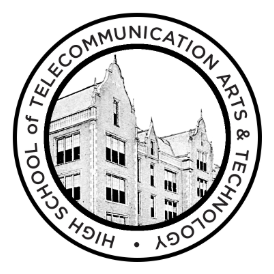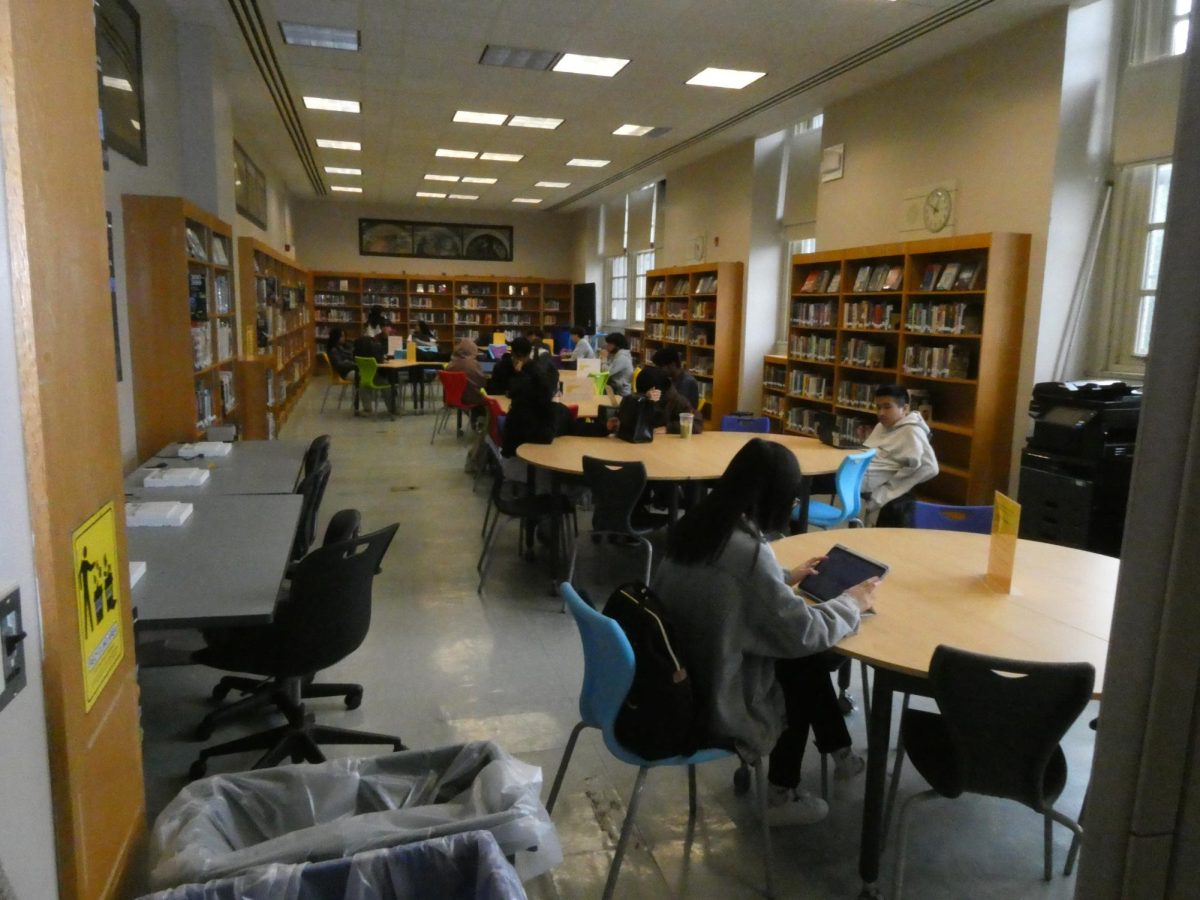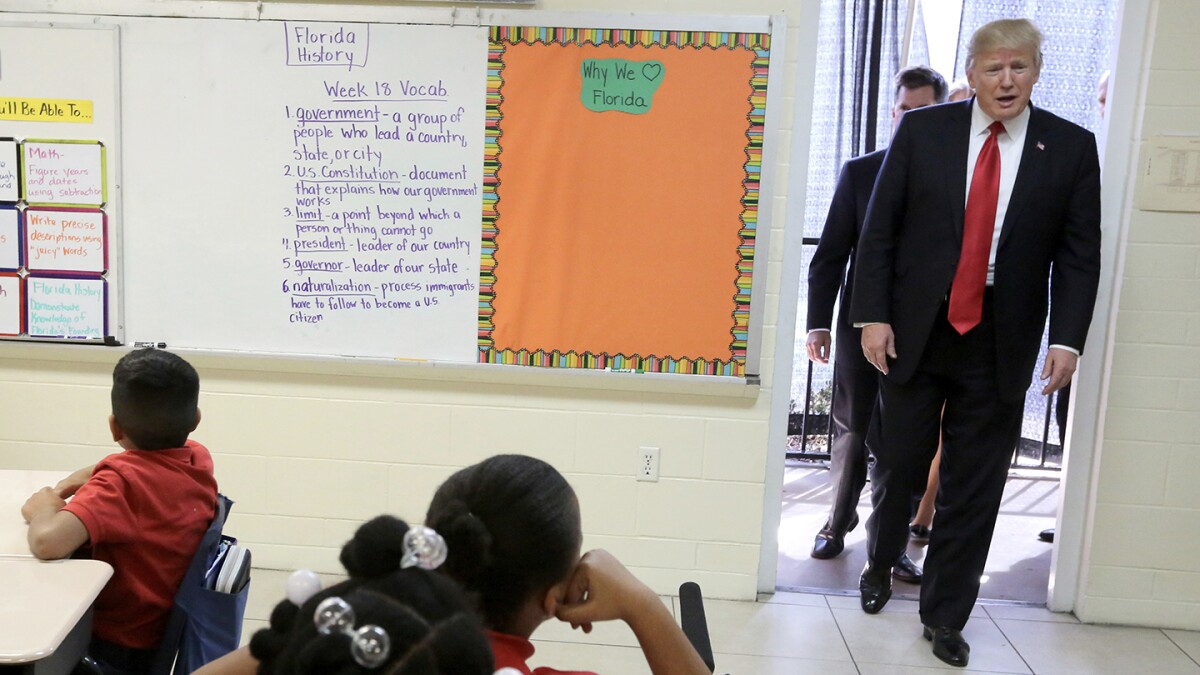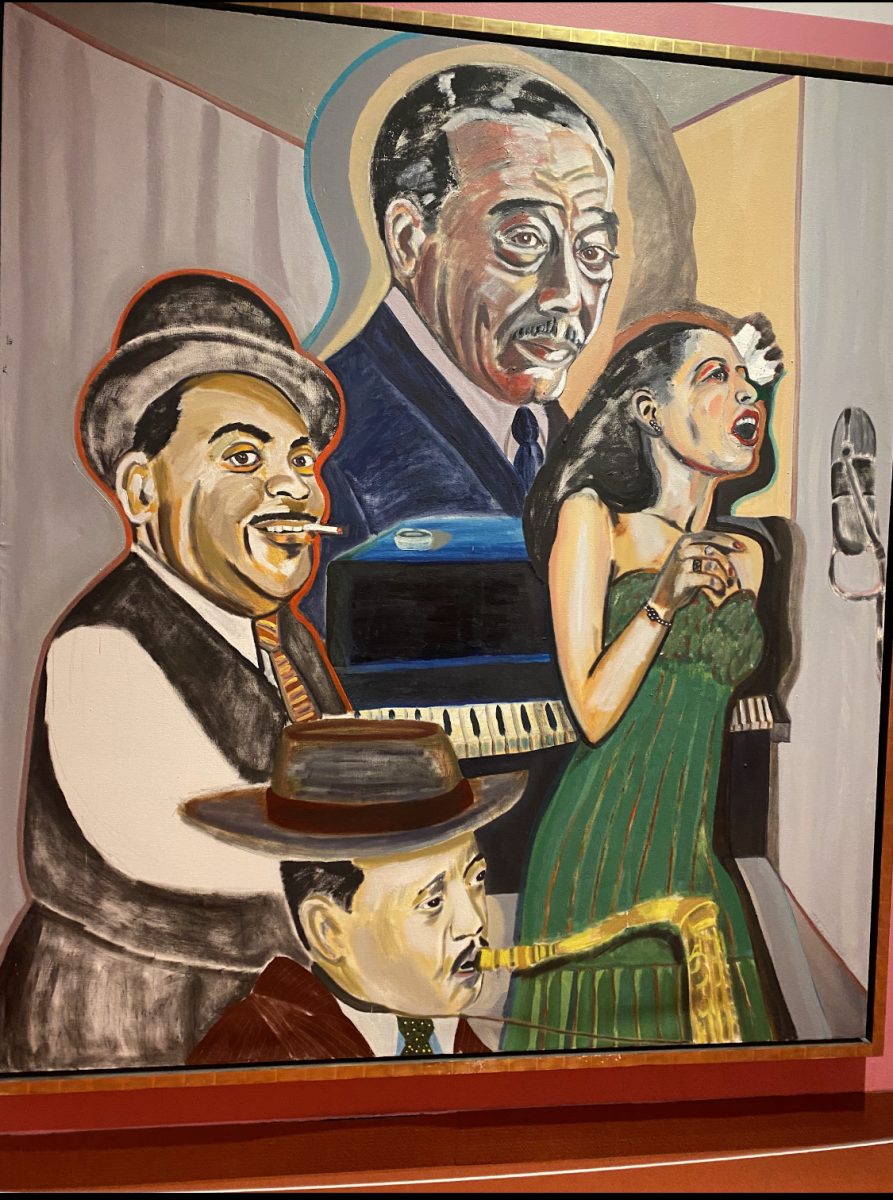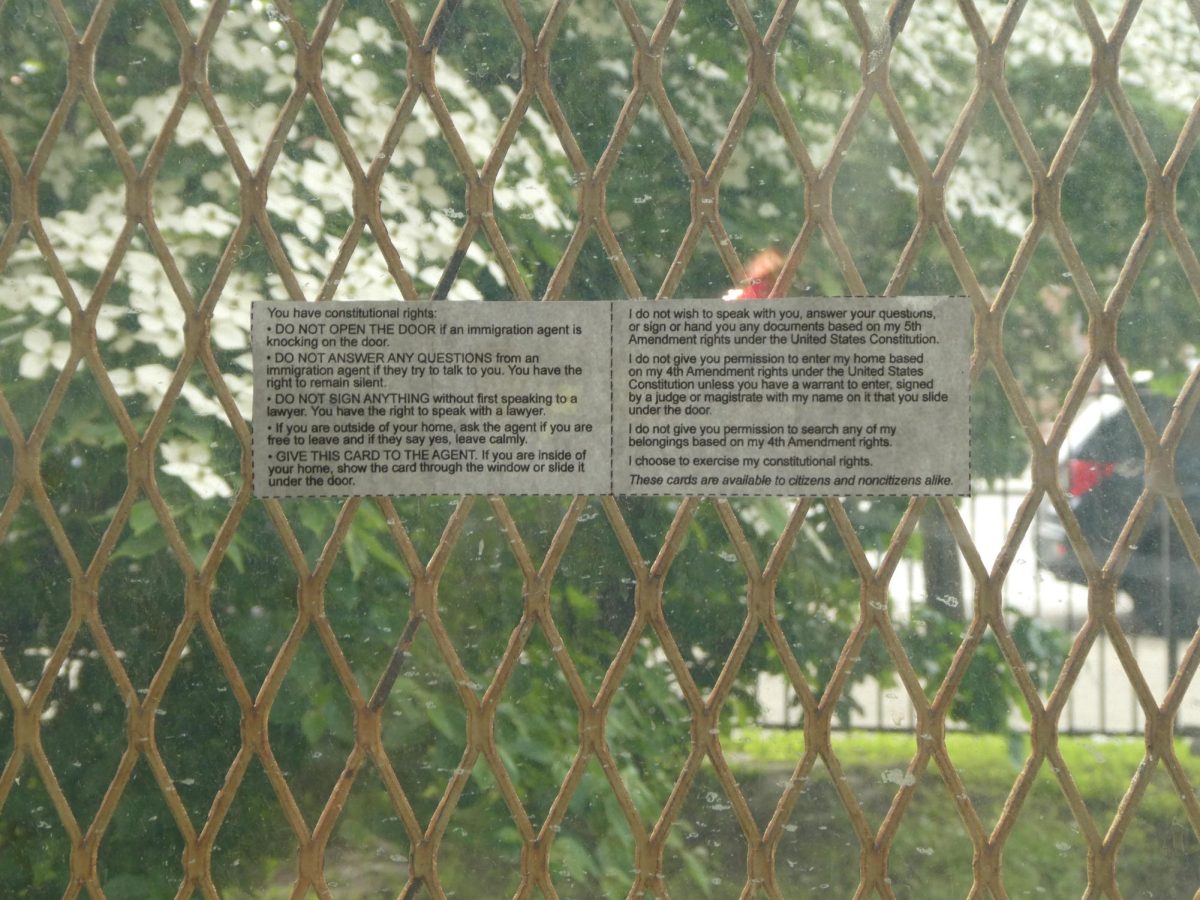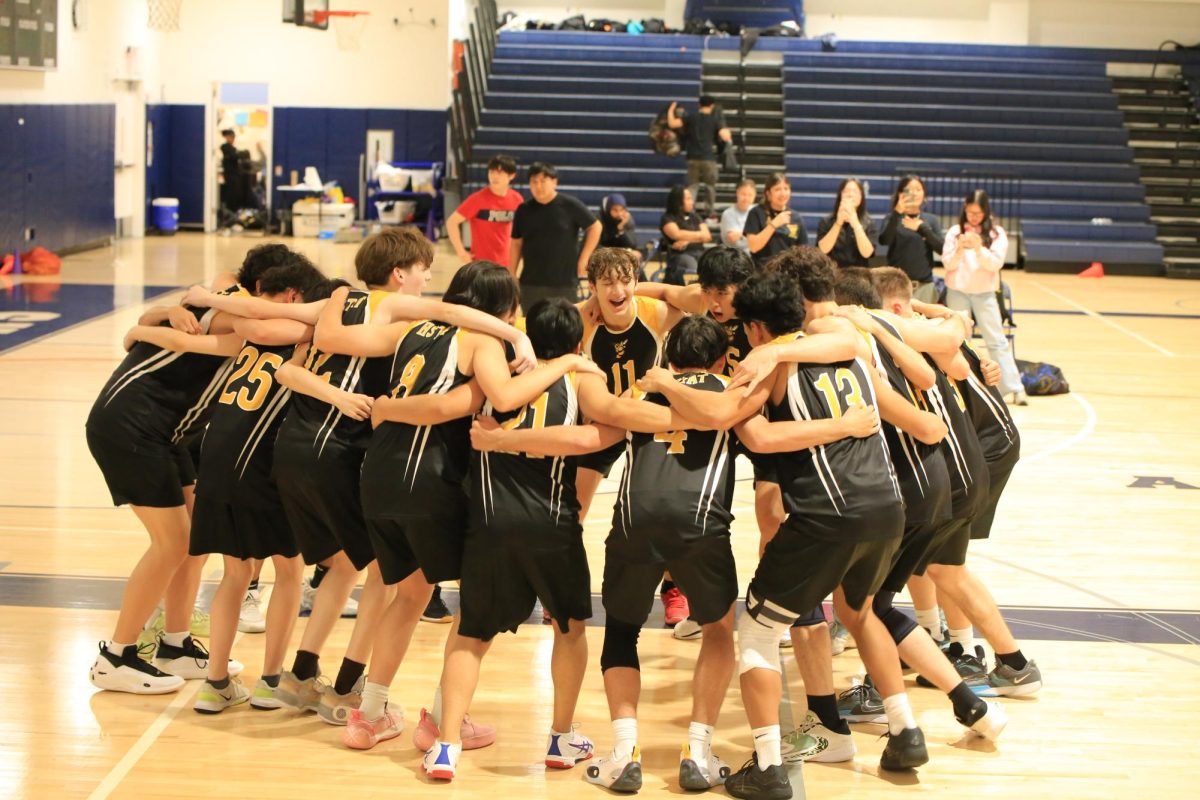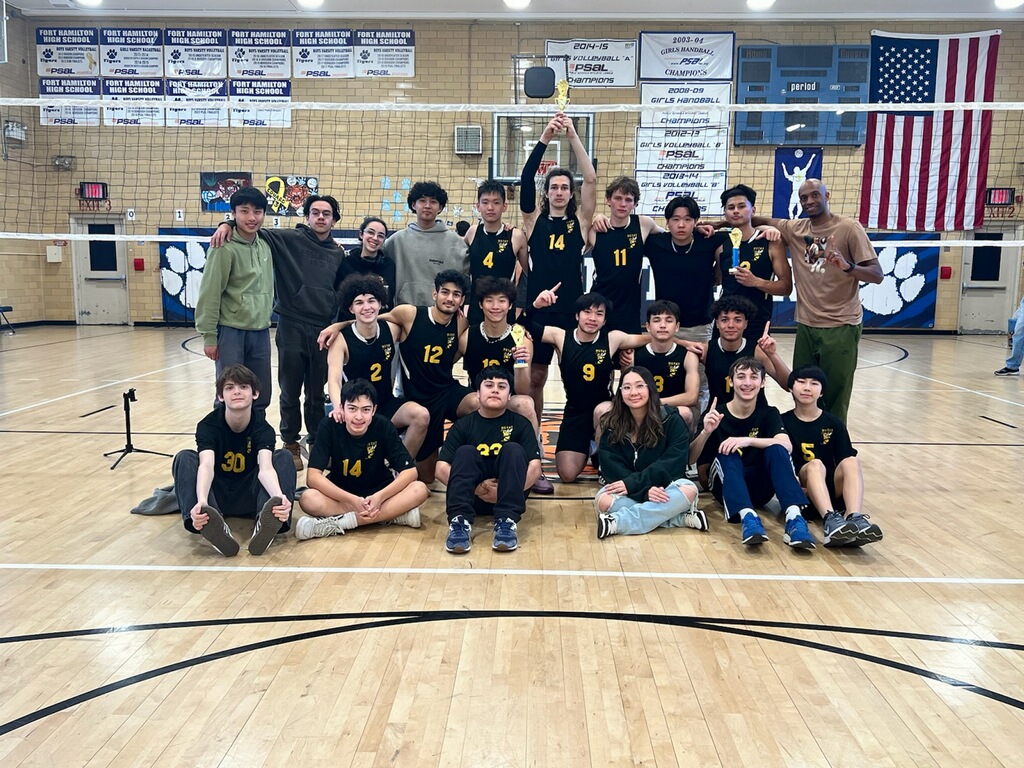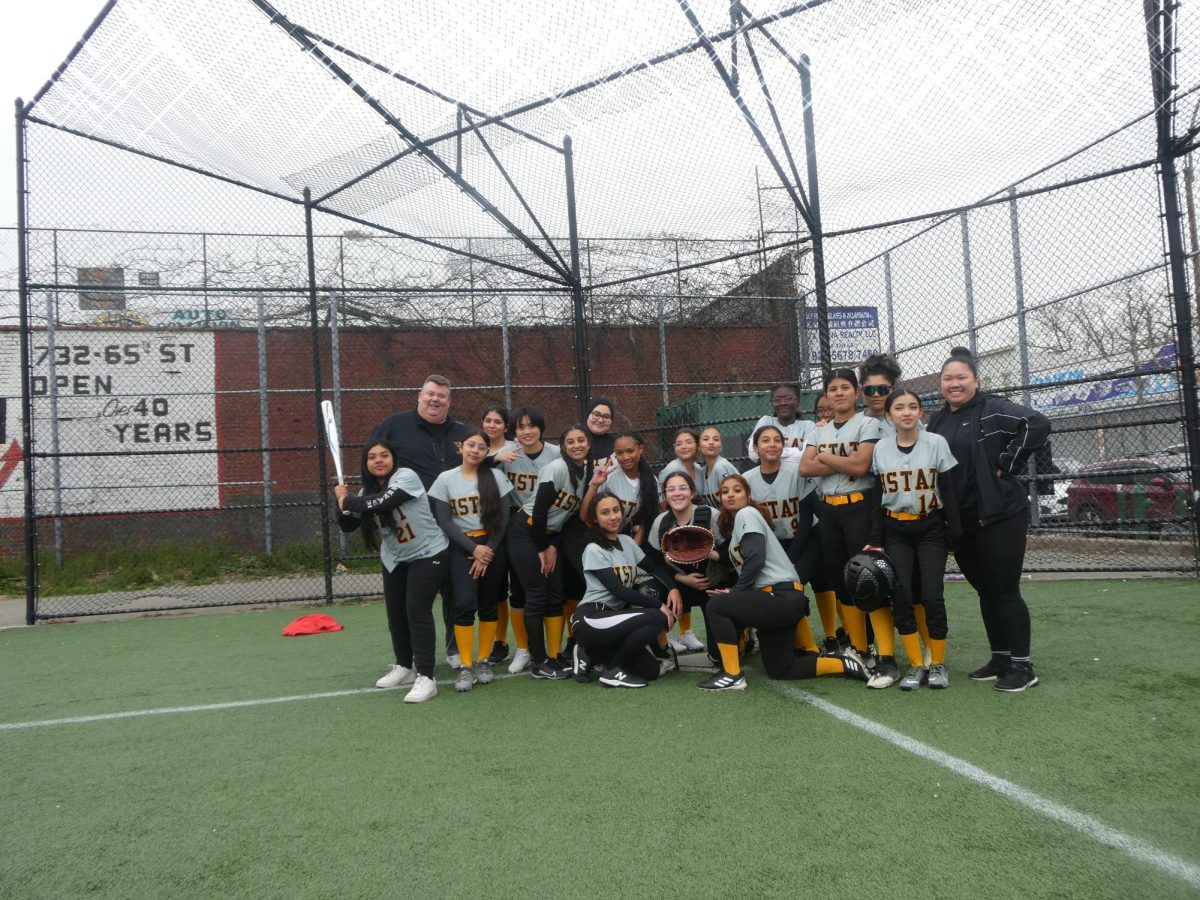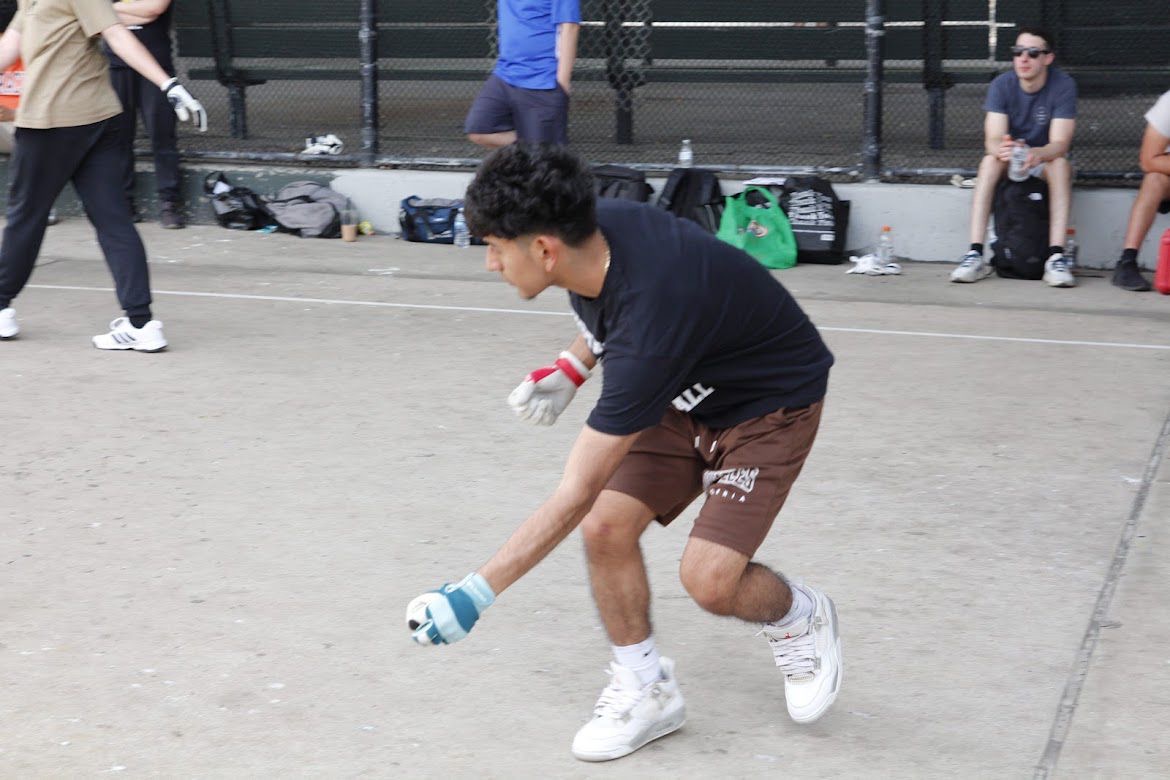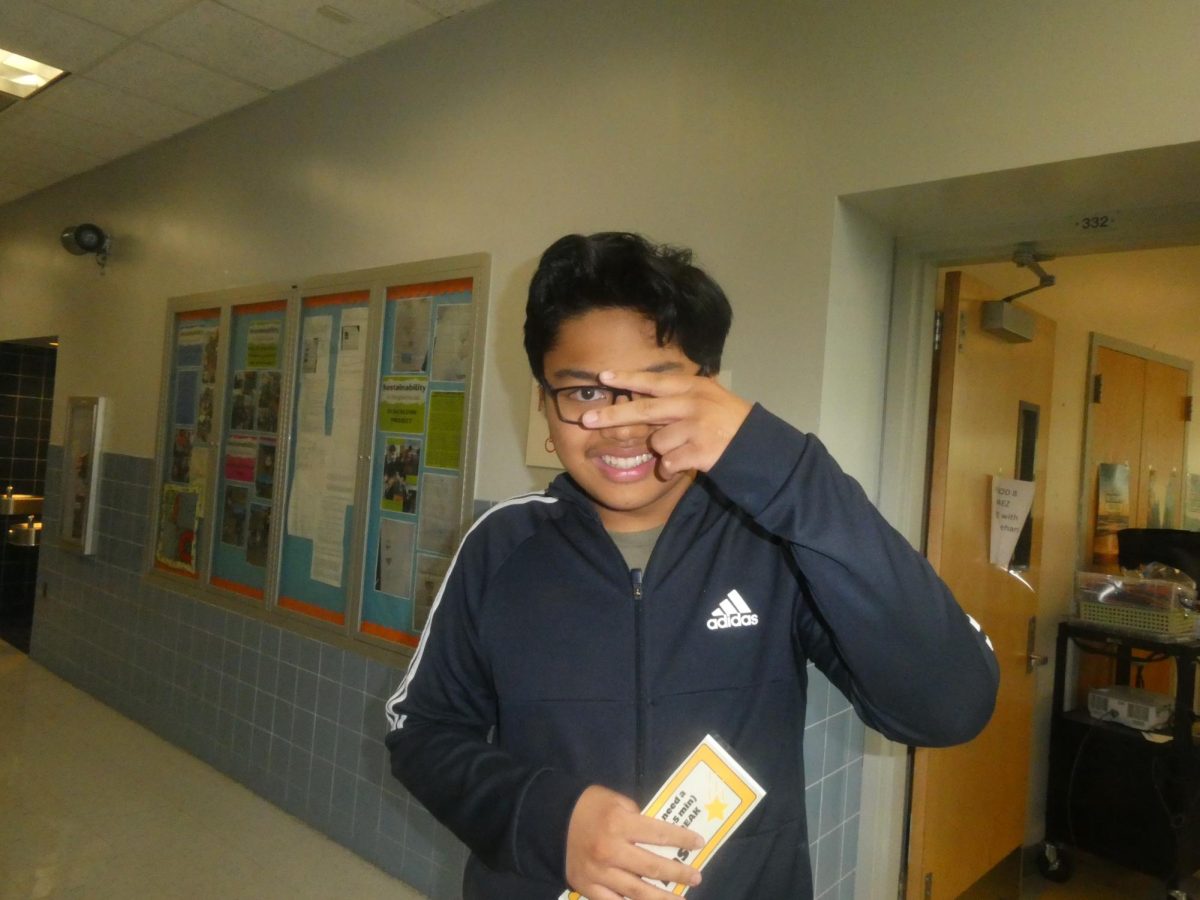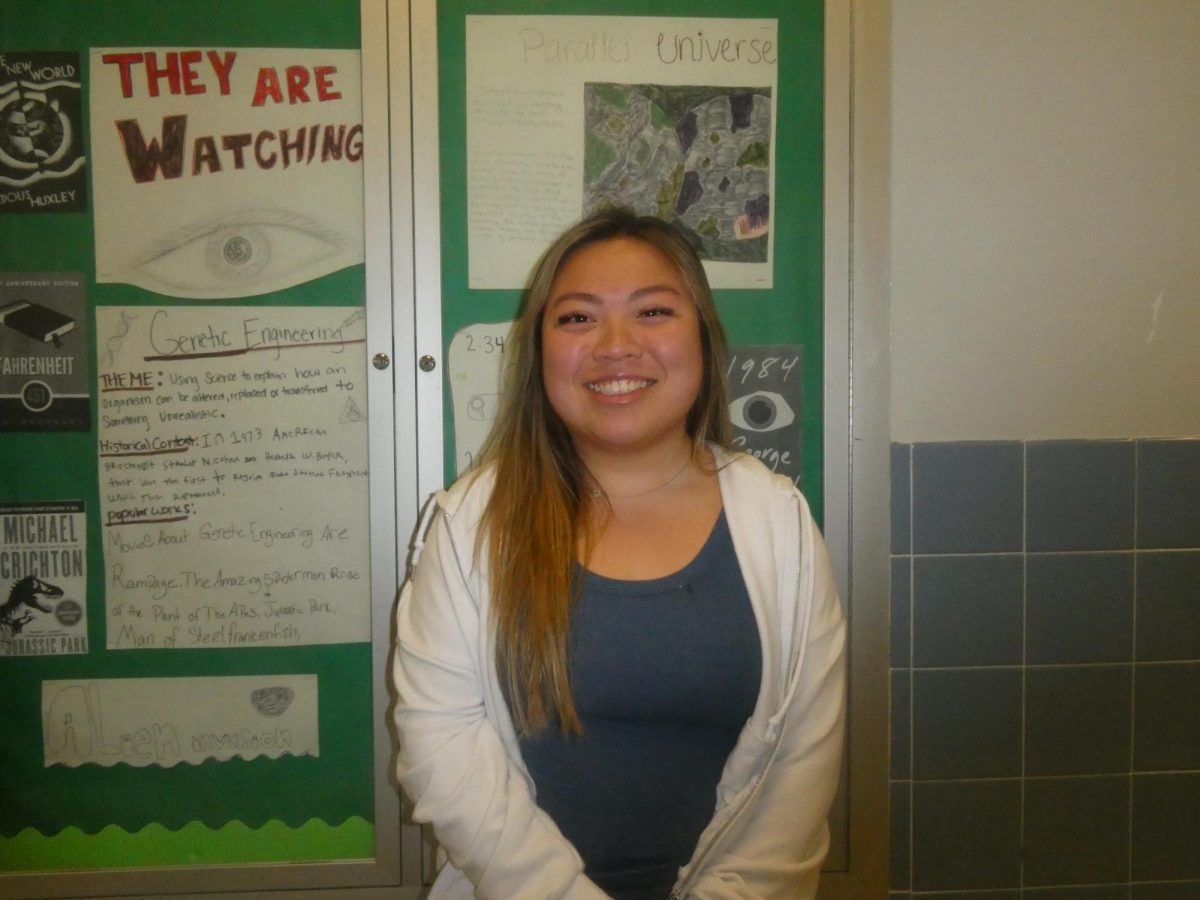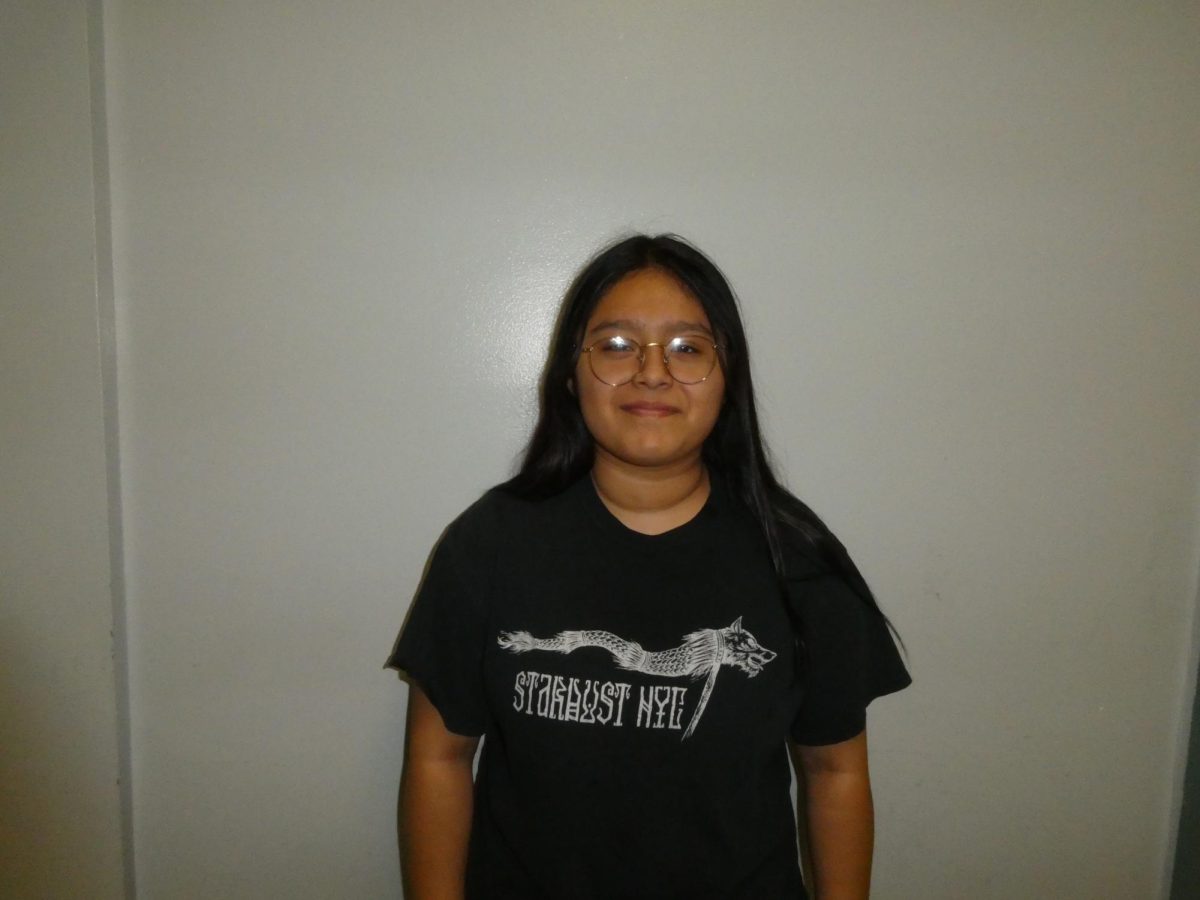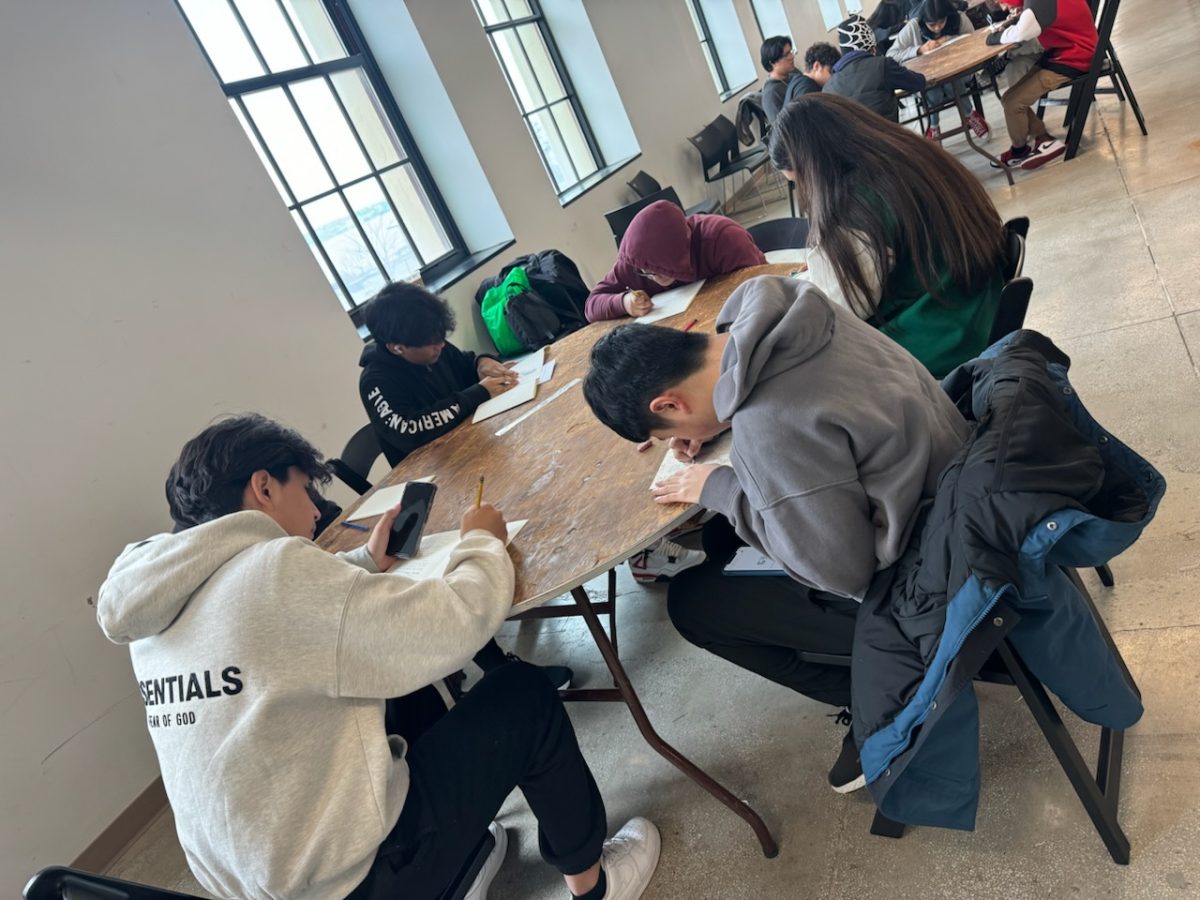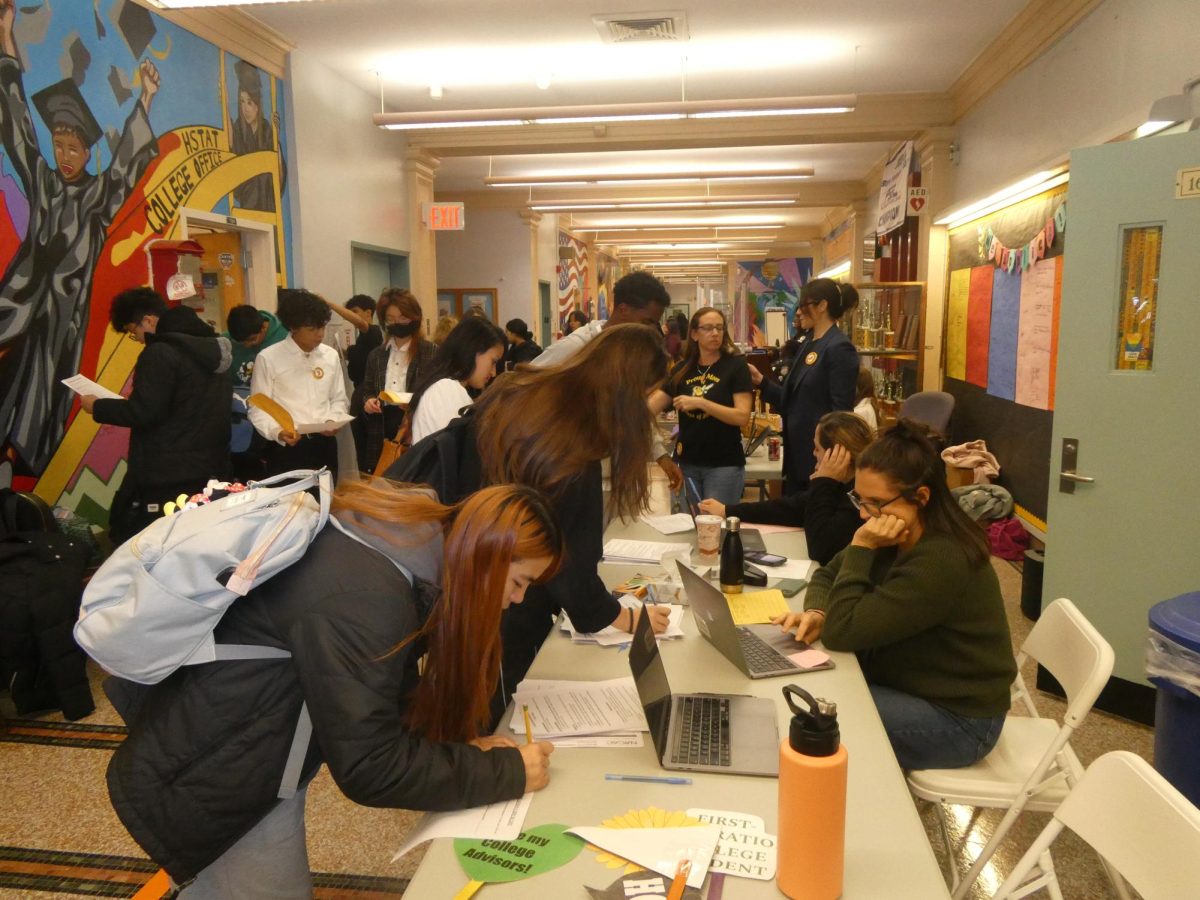The New York City Department of Education has launched a remote learning program this Spring.
This program was negotiated as part of a tentative five-plus-year contract agreement with the United Federation of Teachers. While not an alternative for in person learning, this program will offer remote classes, expanding student offerings and allowing them to take classes at non-traditional times, such as on weekends and evenings. Mayor Eric Adams states that this program will make learning more accessible and flexible.
HSTAT has started to partake in the remote learning pilot program by offering select students who need to make up credit, and seniors in good standing the ability to take:
Participation in Government, Economics, Physical Education, and Living Environment.
These classes will be offered in the evenings and on weekends and attendance is mandatory.
According to Principal Shepard, there are a few factors that need to be considered when thinking about remote learning: attendance rates on Zoom versus in person, students, families, and staff’s opinions on remote learning, and weighing the benefits of virtual learning. While Principal Shepard isn’t the strongest supporter of remote learning, she does understand that “the working and schooling landscape is changing with remote work and school becoming more prevalent”; thus, HSTAT is participating in a remote pilot launch to “develop a strong virtual learning environment for students and staff.”
Mr. Lipari, a Government and Economics teacher, was one of the teachers who volunteered to take on the remote pilot.
When asked, he says enjoys teaching remotely, but he feels like there should be some rules put into place. He also feels that it should be mandatory for students to turn their cameras on, attend all classes , and maintain a certain grade point average in the virtual class.
“I like teaching remotely if students stay engaged and keep their cameras on. It’s hard to teach looking at a bunch of black boxes with names on them with little to no participation, which happened a lot during the pandemic.”
So far, Mr. Lipari says that students who are participating in the pilot program have been putting their cameras on which “makes a world of difference.”
He also says that student motivation is key in this program. Lipari states “If a student is motivated, I think they can learn in the virtual classroom; however, keeping them motivated is key, so it falls on the teacher to make lessons as engaging as possible keeping in mind the limitations of online teaching/learning.”
This a new addition to our school’s learning, so it is still a pilot and being tested. Ms. Shepard has begun to form a committee made up of students, staff, and families to discuss the possible options for expanding the program for next year.
“If we choose to expand the program, I will submit an application to the NYCDOE for review” says Principal Shepard.
Be on the lookout for more news on the remote program.
